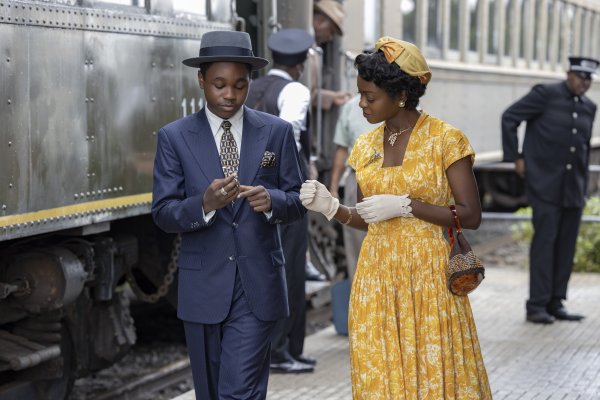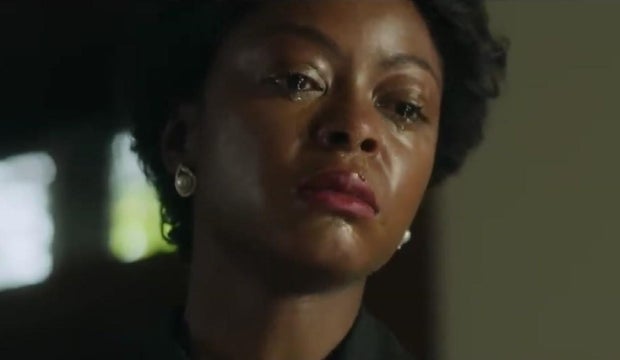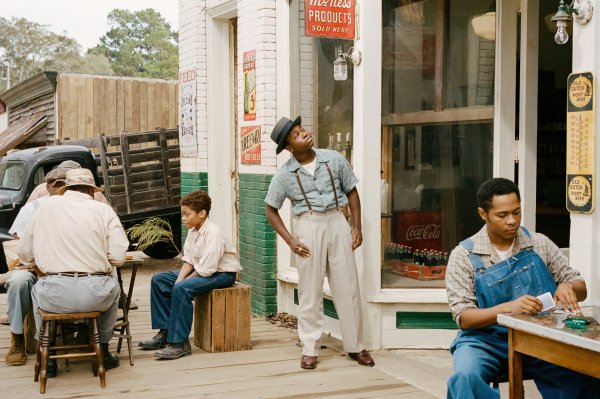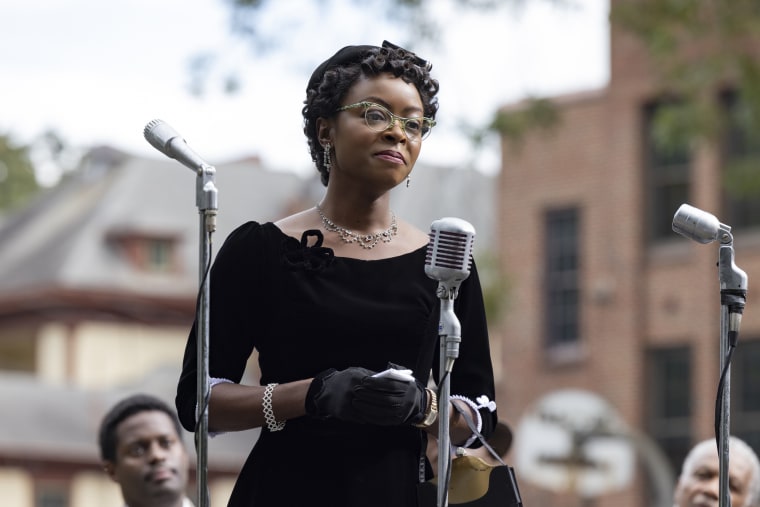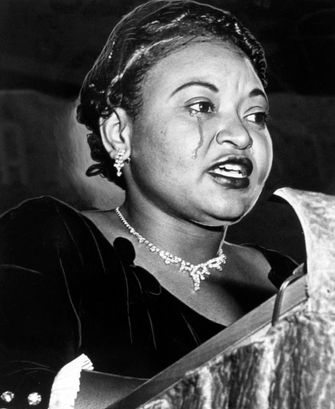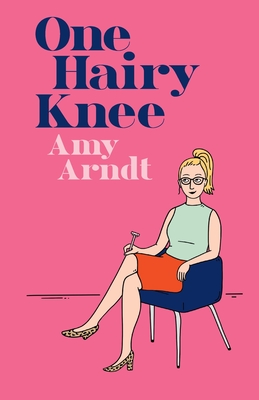
Editor’s note: Apologies to author Amy Arndt (Over two weeks ago, I informed her this review was written) and to blog readers for Culture Currents’ extended absence. The problem was with the limbo my Facebook page was in, which I won’t get into here. The FB page allows announcement links to a new blog post to interested individuals and FB groups. So I didn’t want this book review short-changed. The lack of traffic on my previous review of The Dave Bayles Trio’s live album reflects that platform problem (so apologies to Dave and bandmates, too).
Book Review: One Hairy Knee by Amy Arndt. Pigeon Girl Press
As men rarely fret over their hirsute knees, it might seem beyond the razor’s edge for a man to review a book by a woman titled One Hairy Knee. The cover is pink and the image is a cartoon depiction of the author brandishing a razor over her knee while assumingly regarding a “male gaze.”
This might seem a topic reject from the Oprah show. But not so fast. Could not the title image be some primal symbol for life, or at least the workings of it? Something like, “It may, alas, be hairy (am I not human?), but look how splendidly the knee helps me get along. Admiring men even long to pet it like a fuzzy kitten, if they dare!”
Or is it a sort of absurdist, would-be MacGuffin (or plot pivot device, as Alfred Hitchcock used to say)? I place this book in the “common” (and unpretentious) segment of my blog coverage realm of “our common and uncommon culture,” even as author and blogger Amy Arndt displays uncommon talent for comic memoir.
Hairy has a high quotient of LOLs, snickers, snoot-toots, and knee-slappers (sorry), and enough points to reflect upon.
Indeed, since being published in 2019, the book has racked up 4.5 out of 5 stars from goodreads, though with a slight sample size, and its cover blurbs are meaty.
The book reflects the contemporary feminist-oriented woman’s life in Texas, a state which long ago seceded from the notion of feminism. Such politics is addressed with feints and jabs, and the author does enjoy a certain liberal cover by residing in the Alamo-ish lefty bastion of Austin. 1

Amy Arndt. Courtesy amyunderwoodarndt.contentedly.com
Full disclosure: Arndt is the spouse of my cousin Tim Arndt.
Given that, I am striving to grapple with the book as evenly and substantially as I can. In fact, what came to mind when I read it was a possible inspiration from fellow East Texan comic memoirist Mary Karr, widely acclaimed and best-known for The Liars Club. The comparison might seem unfair, given that Karr takes us on a treacherous heart-of-darkness trek from her very troubled childhood and thus readily traffics in shadowy psychological realms that Arndt might stretch too hard to match. Karr’s often-brilliant comedy, is much more darkly textured through a deeper biographical story, given also her book’s more substantial length.
By comparison, Arndt’s childhood seems almost charmed. Even though her parents divorced when she was eight, “it wasn’t particularly traumatic.” In adulthood, Arndt’s touching imaginary-film family transformation rises from the ashes of her father’s divorce and his rather magical meeting with Pam, the Mother Mary-type figure who will become dad’s new love and “make his heart whole again,” and bless the kids with her benign step-motherhood.
The depths of Arndt’s personal abyss seem to be The Incident of the Head Lice and, much earlier, failing to be a young teen boy magnet. She was (sigh) “one of those poor ostriches” at school dances.
But this big bird gets by without ever flying, becoming a master observer-ostrich of the here-and-now. So, Arndt wields a much lighter touch than Karr in general, though slyly: Before long she’s wading her way through a number of weighty issues, including a somewhat climactic mid-book saga of her C-section birth delivery, marriage and family, matters of aging commingling with sexuality (illicit and marital), religion, mental health, obesity, “diddling,” and, yep, Texas politics, among other things. Yet she’s a deft, if sometimes broad-sweeping, lance-wielder in pricking the emotional angst and dizzying highs and lows accompanying such situations.
For example, she must envision the horror of, at giving birth, being informed that ” ‘your vagina is gonna get THIS BIG!’ She held her arms up to the size of a manhole.”
She had envisioned lit candles, and “a string quartet gently playing Vivaldi to her contractions,” while she gave birth, to Emily Rose. Later, she suffers guilt (as a Catholic convert) after healing up from her surgical birth, of not enduring the mother-as-Christ agony of actual labor.
However, she’s free enough of Catholicism’s gothic grip to handle the topic of religion with panache. She sets her discourse in the context of her conversion to her husband’s religion in the chapter “Jesus was a Hipster,” which may shock thousands of Kool-Aid guzzling Evangelical Christians.
Then she giddy-ups her high liberal horse by taking on one of America’s worst vices: greed. Again, her light, if sometimes stinging, touch butterflies through the mentality of “piggy piggyness,”” which extends from simple gluttony to political corruption.
I’m prompted to an extended quote, of propulsive drama:
“But this is not about true hunger, it’s about the competition that’s born from greed. You could own three bottom drawers full of ugly printed T-shirts that are being used as car towels but go to a sports event where they start shooting T-shirts out of a T-shirt gun, and you will run over an elderly man with an oxygen tank to claim a free shirt you’ll never wear because it’s too small. And you want to know why that shirt is too small? Because you’re the same guy who shoves his way in front of others to eat the free guacamole and stale chip samples at the grocery store. It’s about winning.”
Touche to primal capitalist instincts and rationalizations! Ongoingly, we get mostly Amy’s first-person experience though we finally learn more about my cousin Tim, who is apparently a hoarder, yes, but the most “exalted” sort, if such adjective could ever apply. He collects stuff in their garage and back yard (not in the house!) that can be tinkered with, repurposed and given to others.
In fact, he’s hoisted on the rhetorical pedestal of “saint,” and repeatedly thus burnished on high. Yikes. Time for me to measure myself up? It’s a tad of a challenge for male readers with a conscience. Good soul exercising, for sure.
Arndt’s life shows how you can roll with life’s many punches and keep pressing ahead, with your swollen eye on your biggest dream:
“I’m a firm believer that if you dream hard enough and work just as hard, it will happen.”
Finally, there is a painfully poignant post-script that Amy never got to write in this book — at the time, a blessing. After her book was published, our dear Tim contracted prostate cancer which has metastasized into his bones. He battles the cancer gamely to this day, with powerful optimism, and his mate’s undying love and support.
_______________
1.Texas forces for reproductive rights are fighting back against the state’s draconian, medieval abortion laws, where a physician can get life in prison for providing an abortion, and the state now funds vigilante informers, among other radical measures. NPR reports:
“On Tuesday (Nov. 28), the Texas Supreme Court considered this question: Are the state’s abortion laws harming women when they face pregnancy complications?
The case, brought by the Center for Reproductive Rights, has grown to include 22 plaintiffs, including 20 patients and two physicians. They are suing Texas, arguing that the medical exceptions in the state’s abortion bans are too narrow to protect patients with complicated pregnancies.”
To order One Hairy Knee, visit this website: Books by Amy U. Arndt – Bookshop.org
Also, to help deal with Tim Arndt’s terminal condition, the Arndts have registered with this support-raising site, for those interested in helping out (As a free-lance writer, Amy doesn’t have much income, a situation I can attest to): https://www.caringbridge.org/visit/amyandtimarndt
Site name: amyandtimarndt
.


